In addition to Weibo, there is also WeChat
Please pay attention

WeChat public account
AutoBeta


2024-11-17 Update From: AutoBeta autobeta NAV: AutoBeta > News >
Share
AutoBeta(AutoBeta.net)06/27 Report--
Recently, a major personnel adjustment has taken place in Beijing Hyundai. Among them, Wu Zhoutao, vice president of Beijing Automobile Co., Ltd., served as director and executive deputy general manager of Beijing Hyundai, and Qi Xiaohui, former deputy general manager and management minister of Beijing Hyundai, became deputy minister of Beijing Hyundai sales Department.
Wu Zhoutao, who became the top leader of Beijing Hyundai, is a veteran of Beijing Hyundai. He joined Beijing Hyundai in 2002 and started as a sales clerk. He has served as Chief of Logistics Section, Minister of Business Department of North District, Minister of sales Management, Minister of sales Management, and was promoted to Deputy General Manager of Beijing Hyundai and Deputy Minister of sales Department in July 2013. In 2018, Wu Zhoutao was transferred to BAIC as vice president and general manager of the sales company, leading the sales and marketing of BAIC's own brand.
It is worth mentioning that after Wu Zhoutao left Beijing Hyundai, personnel changes were extremely frequent. In July 2018, Chen Guixiang, who succeeded Liu Zhifeng as executive deputy general manager of Beijing Hyundai for only one year, was transferred to BAIC R & D system, and Liu Yu, vice president of Beijing Automobile, party committee secretary of the Research Institute, president, and director of the Purchasing Center, succeeded Chen Guixiang as executive deputy general manager of Beijing Hyundai. Two years later, in June 2020, Liu Yu was transferred to BAIC New Energy, and du Junbao took over the top position of Hyundai China in Beijing. However, Fan Jingtao and Xiang Dongping, who fought alongside him at the time, both chose to leave office. Fan Jingtao chose to join BAIC Jihu in October 2021, while Xiang Dongping turned to join Jiangling Ford.

It is worth noting that Chen Guixiang, Liu Yu, du Junbao, who have left, and Wu Zhoutao, who recently took office, have all had the experience of Beijing Hyundai. For example, Liu Zhifeng joined Gyibug of BAIC in 1993 and served successively as Chief of sales Planning Section, sales Manager of sales Service Department and Deputy General Manager of sales and Marketing Department. In 2006, he became General Manager of sales and Marketing Department of Beijing Mercedes-Benz-Dyke Automobile Co., Ltd. in 2008, he became Minister of Beijing Hyundai sales Department, served as Deputy General Manager, Deputy sales Minister and Executive Deputy General Manager, and left Beijing Hyundai in February 2017 Served as the Special Vice President of Great Wall and General Manager of Harvard Brand Marketing, in charge of H-series and F-series products.
Behind the personnel adjustment is the anxiety that Beijing Hyundai's sales are not improving. Data show that Beijing Hyundai was established on October 18, 2002, jointly funded by Beijing Automobile Investment Co., Ltd. and Korea Hyundai Automotive Co., Ltd., with a registered capital of 2.036 billion US dollars, accounting for 50 per cent of both China and South Korea. As one of the earliest joint venture brands, Beijing Hyundai had a highlight moment. Before 2016, Beijing Hyundai dominated the domestic passenger car market because of its cost-effective performance, with sales of 1.03 million, 1.16 million, 1.06 million and 1.14 million respectively from 2013 to 2016, and reached an all-time peak in 2016. However, Beijing Hyundai sales have been falling since 2017, with cumulative sales of 756000 vehicles, 782000 vehicles, 685000 vehicles, 385000 vehicles and 360000 vehicles respectively from 2017 to 2021. The latest figures show that Beijing Hyundai sold 76000 vehicles from January to May in 2022. If nothing happens, this year will be the sixth consecutive decline in Hyundai sales in Beijing.

Due to the continuous decline in sales, it has directly led to a serious underutilization of production capacity in Hyundai's factories in Beijing. It is understood that Beijing Hyundai has five major passenger car production bases in China: the first, second and third factories in Beijing Shunyi, as well as the Cangzhou and Chongqing factories in Hebei Province, with an annual output of 1.65 million vehicles. After the first factory in Beijing was resold to ideal cars, the total design capacity of the current factories in Beijing, Chongqing and Hebei is 1.35 million vehicles. Based on the sales volume of 360000 vehicles in 2021, its capacity utilization rate is only 26.7%. It is worth mentioning that the Chongqing factory and the Cangzhou factory have also been exposed to stop production rumors.
Of course, Beijing Hyundai's self-help has already begun, making changes in products, technology, localization of senior executives, system and so on. In the past two years, Beijing Hyundai has launched a number of new models, including the seventh generation Elantra, the new Sonata, the new Tusheng L, ix35, Kusto and other models, but the performance of the above models is not optimistic.
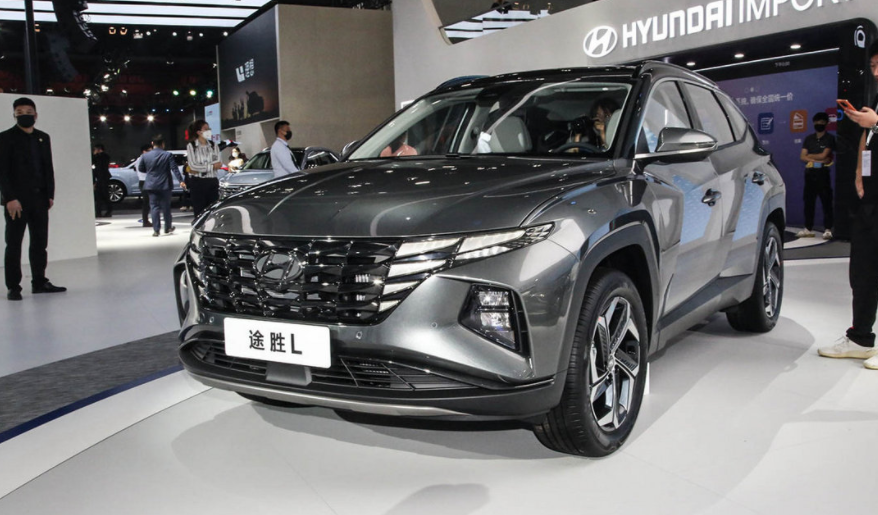
As for why Beijing Hyundai has been reduced to this point, the automotive industry is concerned that from a product point of view, the current consumer car purchase does not only consider the ratio of performance to price, including brand awareness, after-sales service, etc. these Beijing Hyundai's advantages are not strong, especially in the context of independent brands, the survival pressure of the second-line joint venture brand, taking Beijing Hyundai as an example, is becoming more and more obvious. From the market point of view, Beijing Hyundai does not innovate in strategy and models according to the changes in the market, and the process of localization is relatively slow, and it introduces too many similar models at the same time, resulting in uneven distribution of marketing resources. unable to quickly respond to market changes, which made Beijing Hyundai miss the opportunity for self-innovation, and from the perspective of enterprise development, frequent personnel changes and poor performance Often cause and effect each other, it is difficult to get rid of the vicious circle.
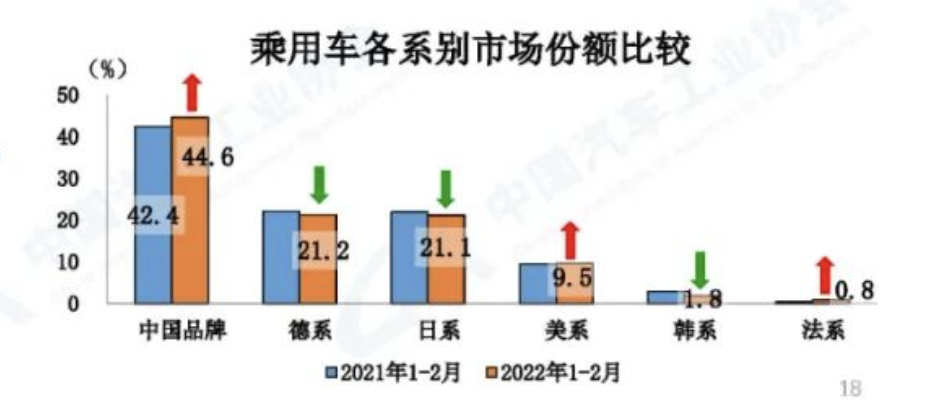
In 2017, Beijing Hyundai's sales fell for the first time, from 1.14 million to 760000. Wu Zhoutao, the leader, said frankly: "in the past few years, the focus was on selling cars, neglecting the improvement of brand strength and the layout of product lines." and the rapid response to changes in China's consumer market. "
Today, Wu Zhoutao has returned to Beijing Hyundai as a leader, but it is a pity that this is different from the past. Judging from the data, sales of Hyundai in Beijing declined for five consecutive years in 2021, while the performance in 2022 was even more pessimistic. Wu Zhoutao, who returned to Hyundai in Beijing, had a heavier task and greater pressure. Independent brands up, joint venture brands down and the explosive growth of the new energy vehicle market, coupled with the marginalization of Korean brands, how to restore the modern brand image, how to deal with the transformation of the automobile industry to electrification and intelligence It is a huge problem in front of Wu Zhoutao.
Welcome to subscribe to the WeChat public account "Automotive Industry Focus" to get the first-hand insider information on the automotive industry and talk about things in the automotive circle. Welcome to break the news! WeChat ID autoWechat
Views: 0
*The comments in the above article only represent the author's personal views and do not represent the views and positions of this website. If you have more insights, please feel free to contribute and share.





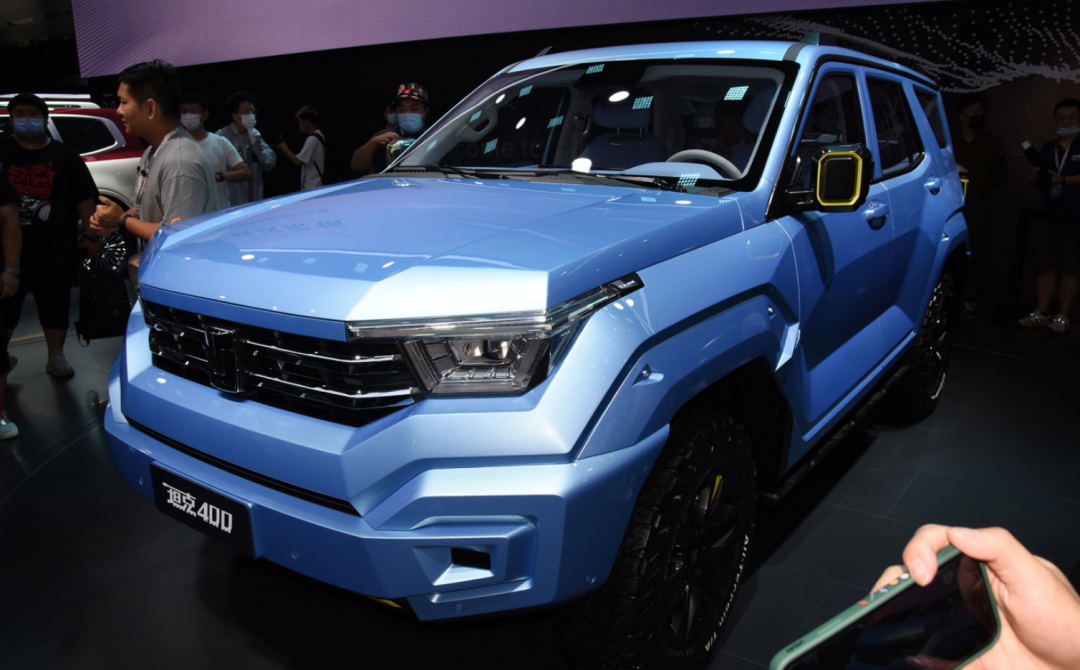
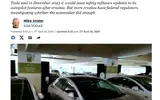

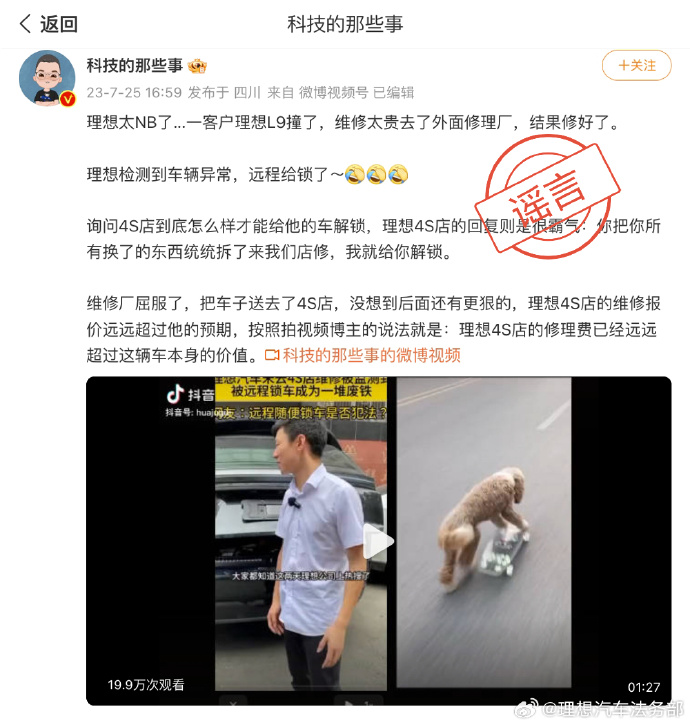


© 2024 AutoBeta.Net Tiger Media Company. All rights reserved.